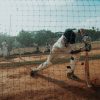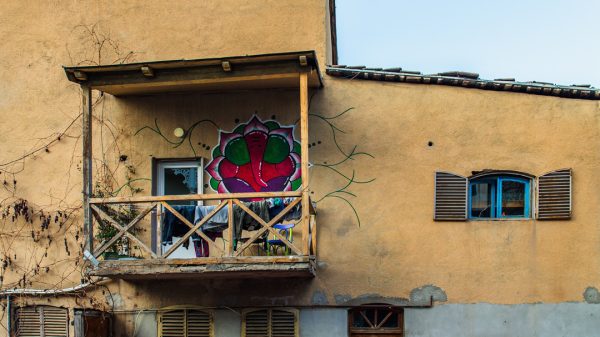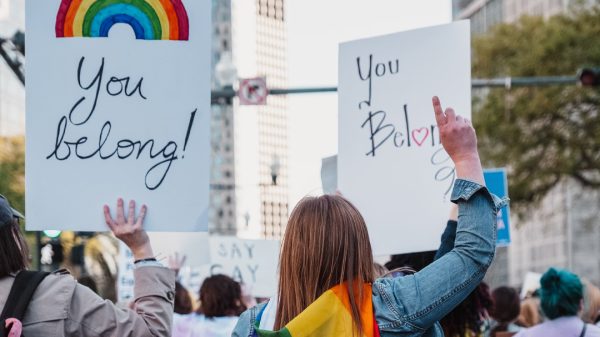The overwhelming majority of people perceive homophobia and transphobia to be a problem in sport; with homophobic and transphobic language remaining widespread, especially in team sports.
This is according to analysis coming out of Europe, where a Europe-wide project was done to develop strategies and training measures in the field of sport in order to counter discrimination and violence related to sexual orientation or gender identity. In the first study, an online survey was used in which more than 5,500 LGBTI from all 28 EU states were asked about their experiences in sport. In the second study, representatives of 15 sports associations, sports federations and umbrella organizations from the five project countries were interviewed about their strategies for combating homo-/transphobic discrimination in sport.
As stated, the overwhelming majority of respondents notes homophobia and transphobia to be a problem in sport. Homophobic and transphobic language was also noted to be widespread, especially in team sports. As a result, one third of those active in sport conceal their sexual orientation or gender identity within the context of their sporting activities. More than a third of those questioned were unable to name a single organization or individual they could contact in the event of a negative experience or incidence.
“Discrimination against LGBTI is a problem facing society as a whole,” says Professor Ilse Hartmann-Tews, Director of Studies at the German Sports University, “which is why each one of us should feel responsible for creating a culture of respect.”
In the area of organized sport, the study recommends an open and proactive attitude towards questions of sexual and gender diversity on the part of all men and women active at every level of clubs, associations and sports federations. This is because, the ideal is for participation in sport at all levels to be made easier for lesbians, gays, bisexuals, transgender persons and intersexual people.

PHOTO FROM PEXELS.COM
The collaboration of five European project countries lasted three years and will end on 31 December. Results were presented and discussed at various levels, including the final conference of OUTSPORT held in Budapest, an international conference on the situation of LGBTI in sport in Barcelona, the sports committee of the NRW state parliament in Düsseldorf and the Federal Network Conference of Queer Sports Clubs (BuNT) in Hamburg.



































































